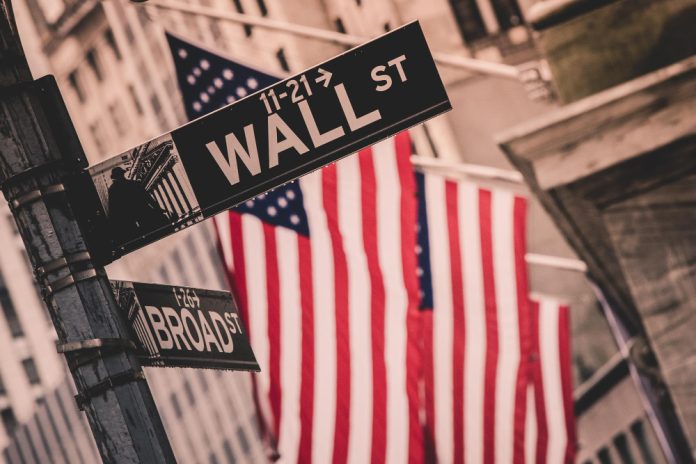Most U.S. stocks are rising on Friday, bouncing back from Wall Street’s worst day since April.
The S&P 500 climbed 0.6% in midday trading, trimming most of its loss for the week. However, it may still be heading for its first down week in the last five. The Dow Jones Industrial Average was up 49 points, or 0.1%, as of 11 a.m. Eastern time, and the Nasdaq composite rose 0.9%.
Deckers Outdoors surged 12.8%, marking one of the market’s biggest gains, after reporting stronger-than-expected profit and revenue for the latest quarter. The company, known for its Hoka, Ugg, and Teva brands, also provided a revenue forecast for the upcoming fiscal year that aligned with analysts’ expectations.
Ross Stores also led the market with an 8.9% jump after reporting better-than-expected profit for the latest quarter. This gain occurred despite revenue only slightly exceeding expectations, as customers continue to hold back on non-essential purchases. CEO Barbara Rentler noted several challenges, including prolonged inflation, which continues to squeeze low-to-moderate income customers’ purchasing power.
Despite data showing continued strength in U.S. household spending, the numbers beneath the surface may not be as encouraging. “Walmart and Target are telling us that high-income consumers are doing fine but beginning to trade down,” said Brian Jacobsen, chief economist at Annex Wealth Management. “The lower-income consumer is struggling. Macro often focuses too much on the average, which is skewed by the high-end household.”
The market received a boost Friday from a report showing that U.S. consumer sentiment weakened less in May than preliminary data suggested. More importantly, the University of Michigan report indicated that U.S. consumers’ expectations for inflation in the coming year rose less in May than initially feared.
Concerns about stubbornly high inflation have pulled the U.S. stock market back from recent record highs. The decline began after the Federal Reserve on Wednesday released minutes from its last policy meeting, showing some officials discussing the possibility of raising rates if inflation worsens.
Stocks fell further after Thursday’s reports indicated that the U.S. economy is stronger than expected. Such strength can spook Wall Street because it could maintain upward pressure on inflation, potentially delaying the Federal Reserve from providing relief to financial markets by cutting its main interest rate, which is currently at its highest level in over 20 years.
Goldman Sachs economist David Mericle postponed his forecast for the Fed’s first rate cut from July to September, partly due to Thursday’s reports on U.S. business activity and joblessness.
Treasury yields climbed this week on such concerns, but they edged down Friday following the consumer sentiment report. The yield on the 10-year Treasury slipped to 4.47% from 4.48% late Thursday. The two-year yield, which closely tracks expectations for Fed actions, drifted down to 4.93% from 4.94%.
This week’s stock market volatility occurred despite another blowout profit report from Nvidia, which has become one of Wall Street’s most influential stocks due to the frenzy around artificial intelligence technology. Although AI fervor had pushed some stocks to potentially overdone heights, Nvidia’s eye-popping growth and forecasts suggest it could continue.
Elsewhere on Wall Street, Workday fell 13.3% despite reporting stronger profit for the latest quarter than analysts expected. The company, which helps businesses manage their people and finances, gave a forecast for upcoming subscription revenue that slightly missed Wall Street’s estimates.
In international stock markets, indexes fell across much of Asia and Europe, dropping 1.4% in Hong Kong, 1.3% in Seoul, and 1.2% in Tokyo.
Featured Image: Freepik @ wirestock









